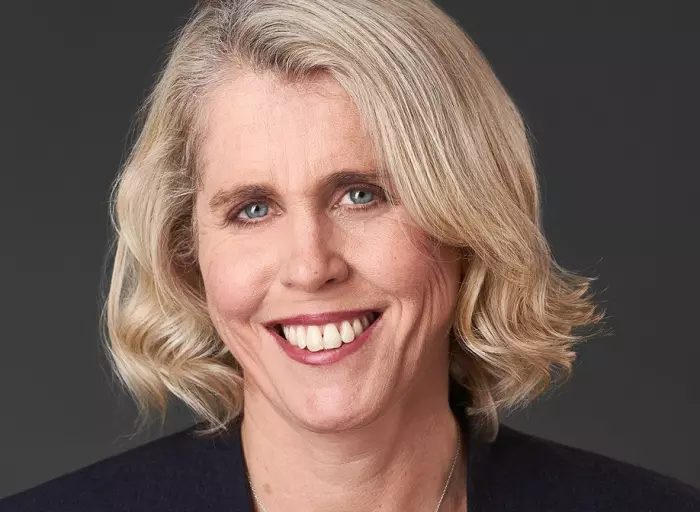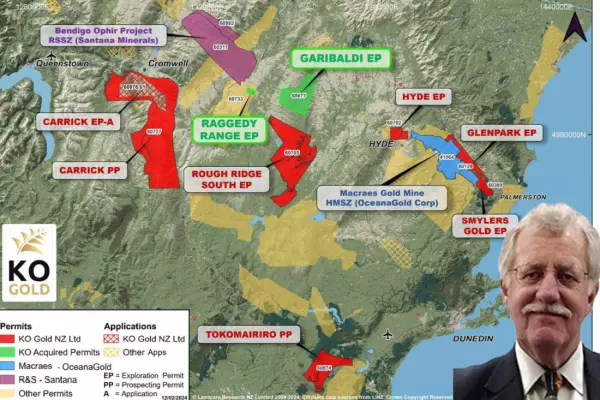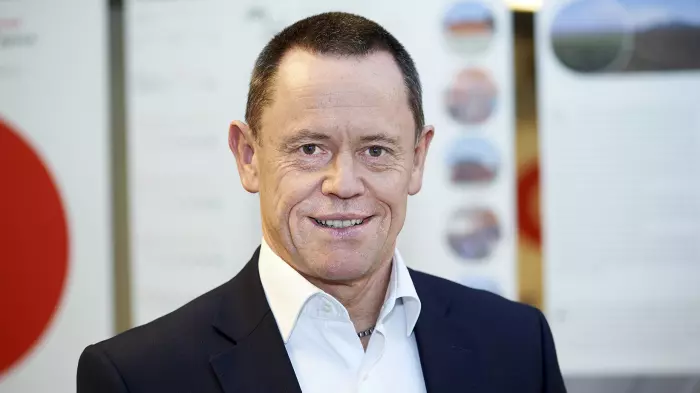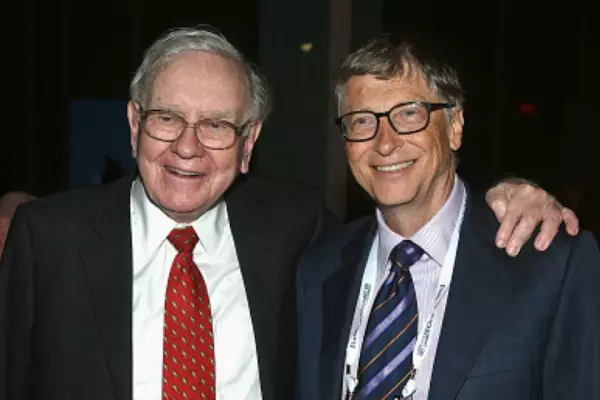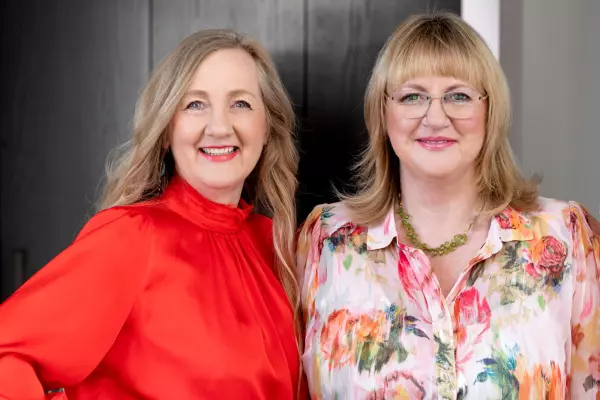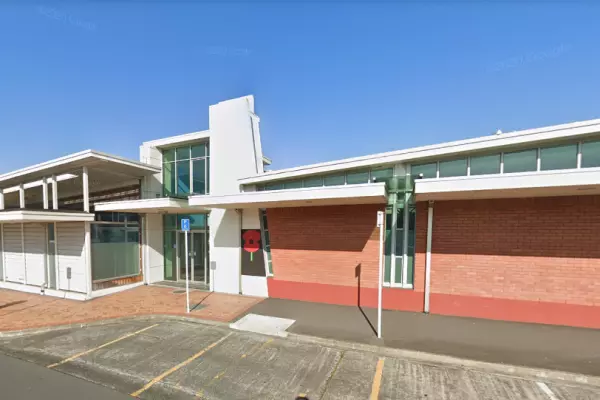New Zealand’s fund managers have been quietly adding charitable strings to their wealth-creation bows to provide sustainable sources of revenue for those in need.
Their altruistic efforts are varied, a check of the sector reveals – sponsoring glam events, workplace giving, taking on causes close to their hearts, creating foundations as an adjunct to funds, becoming a trustee or director on charity boards and volunteering services for free.
In dollar terms, contributions in cash and services from this sector to philanthropic causes have not been collectively assessed with any accuracy because the information is sporadic and managers don’t shout about their efforts, but the level of activity would suggest it runs into hundreds of millions annually.
Firms get their names in lights for sponsoring or donating, but rarely do they blow their own trumpet. It's recipients of their generosity who are more likely to reveal what they received.
Fund managers provide financial data and annual reports for offers and schemes on the Companies Office ‘disclose register’ but don’t break out donations if they make them. Their websites outline causes, but financial details are often scant.
The emergence of fund managers, such as Simplicity and Milford Asset Management, setting up charitable foundations is starting to bring more transparency because charities file annual results and performance reviews.
Recent trend
Compared to efforts overseas, fund managers investing money or giving services for free for the greater good appears to be a relatively recent phenomenon in NZ.
In the United States, public and private philanthropy in hedge, investment and property funds has been part of the country’s social fabric for around a century.
Some of America’s wealthiest lead the charge today. Think George Soros and the US$16.8 billion (NZ$27b) he has donated to his Open Society Foundation, and Warren Buffet, who uses a variety of means to invest and give away funds – to date $43b.
In 2010, a group of US hedge fund managers signed the “giving pledge” initiated by America’s ultra-wealthy, including Buffett, Bill and Melinda Gates, and Julian Robertson, to dedicate most of their wealth to philanthropy.
Australia has also made leaps and bounds in the funds' management sector, where structures such as charity-supporting equity market investments businesses have emerged.
More than 30 fund managers are linked to these vehicles, kickstarted by philanthropist Chris Cuffe’s unit trust Third World Growth Fund 14 years ago.
Investors give money to these vehicles which, in turn, contract fund managers to invest for them.
The vehicles give 1 to 1.5% on the growth of investments to charities, and the fund managers handling the investments give their fees (net of expenses) they would otherwise have charged directly to charities. The vehicles provide investors with a way of passive giving.
In 2019, A$20 million (NZ$22m) went to charities via $1.6b of these invested funds.
NZ version
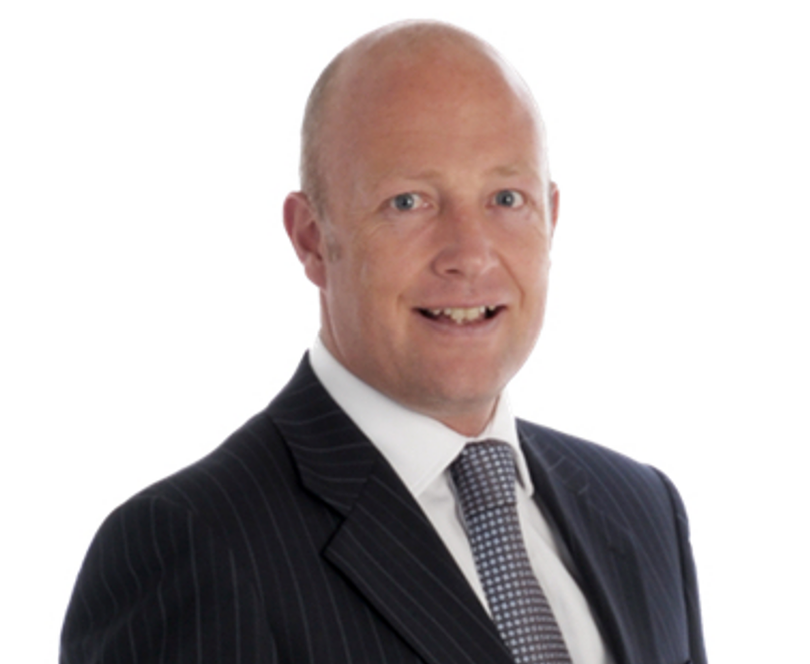 Craigs' Andrew Cathie said clients are more open to the idea of leaving a legacy.
Craigs' Andrew Cathie said clients are more open to the idea of leaving a legacy. Charities and organisations such as Nikau, greater Wellington’s community foundation, are similar to the Australian vehicles in that it receives donations and grants from the public and invest them with fund managers.
This increases the value of the money before they distribute it to causes, but managers do not donate their fees.
Last year, Nikau distributed $900,000 and now has $32m under management.
Because of its rapid growth, it hired fund manager Harbour Asset Management and investment advisory firm Craig Investment Partners last month to manage its investments.
Harbour Asset Management supports charities such as Porirua-based Wellfed and the Graeme Dingle Foundation, and it partners with Roots of Empathy NZ, an organisation raising social and emotional competency in schools.
Craigs is a national partner of Hospice NZ and the Community Foundation of NZ; it sponsors art events, sports teams and charities up and down the country that give to many causes.
Craigs Wellington investment manager, Andrew Cathie, one of the firm’s two managers who will work with Nikau, said most New Zealanders felt a moral duty to give to charity in some way.
He said clients were becoming more open to the idea of leaving a legacy, and community foundations provided avenues for this in perpetuity.
The Auckland Foundation, another community structure, also uses Harbour Asset Management to manage its funds, as well as Simplicity NZ.
Foundation creators
Investment funds and KiwiSaver managers Simplicity and Milford Asset Management are leading the charge in the creation of charitable foundations as adjuncts to their business, with the sole purpose of giving percentages of money generated from their funds to numerous charitable causes.
Each works differently.
Simplicity is owned by The Simplicity Charitable Trust, (soon to be renamed the Simplicity Foundation, as it's known outside its Charities Services registration).
It has been operating for six years, while Milford Asset Management (MAML) launched the Milford Foundation two years ago.
Simplicity, a non-profit fund manager, is owned by the trust and specialises in low-cost passive investment funds.
Simplicity Foundation manager Rebecca Roberts, a lawyer who initially volunteered at Simplicity as a way of “giving back”, says the trust receives 15% of Simplicity’s fund management fees each quarter and distributes all the money.
She says its 125,653 Kiwisaver and investment fund members determine the priority areas for the foundation which gives to causes in the youth, environment, climate change, education, financial literacy and homelessness sectors, as well as those nominated for its Christmas giving project each year.
Simplicity has also planted 121,000 trees under its environmental mandate.
Simplicity managing director Sam Stubbs says he modelled the business on Southern Cross Healthcare.
“As a non-profit, we don’t make any money so won’t be subjected to a takeover bid,” he says.
“Corporate philanthropy is woeful in New Zealand. If all KiwiSaver funds gave just 1% of their fees, that would be another $9m for charities.
The Milford Foundation, set up by MAML in 2020, also targets youth, the environment, education, training, health and social services.
It raises money from its investing community, staff and third parties.
Those parties, such as its auditor and lawyers give their services pro bono, as do MAML’s staff, along with its IT and marketing services. MAML also pays the salary of the foundation’s chief executive, Bryce Marsden.
In its first year, it made a $3m surplus after expenses and just after the 2021 balance date, the foundation received $2m from MAML.
It is not clear how much Marsden is paid because the only available financial statements to March 31, 2021, record personnel costs of $66,861.
However, according to his LinkedIn profile, Marsden started in January 2021, so this is likely to only be part of his salary.
KiwiSaver fees
Simplicity is not the only fund manager dedicating manager fees to charity and allowing its investors to choose the charities it gives to.
Ethical fund manager Pathfinder Asset Management, which is part owned by London-based boutique wealth manager Alvarium and part-owned by kiwis including its founders, gives 20% of its KiwiSaver management fees to NZ charities, although it's a much smaller operation than Simplicity.
Every investor selects one of its 17 charity partners when they sign up. In the year to March 31, 2021, it gave $101,950 to its charity partners (up from $15,000 in 2020). It more than doubled this in 2022 with $280,000 donated.
Scholarships
Jarden Partners, founded in 1961 by 50s All Black Ron Jarden, sponsors a raft of charities and community organisations.
It also funds scholarships, such as the one offered by the Tania Dalton Foundation (inspiring young people in sport) to a recipient for three years of financial support, mentoring, personal development and skills in communication, leadership and contribution. Each recipient delivers a project to continue the legacy.
Other causes it supports include Save the Kiwi, OBU Rugby Wellington, Surfing for Farmers, high schools, art galleries, angel investors, the Hawke's Bay Arts Festival, Rural Women NZ, and the Christchurch Symphony Orchestra.
Devon Funds Management, an independent investment management business, specialises in building investment portfolios using companies listed on the NZ and Australian stock exchanges. Founded by Paul Glass, it bought the asset management business of Goldman Sachs JBWere NZ Limited.
It’s also strong on sponsorship, recently supporting Colin Thompson and Heart Kids fundraiser, Running Everest for Heart Kids. It raised more than $220,000.
Charity day
Dunedin-based Forsyth Barr is most widely known for its sponsorship of Dunedin’s multi-purpose stadium, giving it naming rights.
Each year it runs a charity brokerage day, with a designated charity receiving the brokerage raised from institutional client transactions on July 1.
Last year it donated $400,000 from the day, personal contributions and a donation from its broader business to Diabetes New Zealand and the New Zealand Sports Hall of Fame, in memory of the firm’s late chairman, Sir Eion Edgar, who died from cancer in June 2021.
From the heart
Toi Foundation (formerly TSB Community Trust) bought NZ’s fifth-largest KiwiSaver operator and investment funds firm Fisher Funds in 2017, then sold 34% to international global private equity firm TA Associates.
Toi has donated more than $150m to charitable, cultural, philanthropic, recreational and other causes. Fisher Funds also pops up with donations under its own brand, such as the $500,000 divided equally last year between Youthline and I Am Hope.
Chief executive Bruce McLachlan said the firm was in a fortunate position to be able to give back. He noted the increasing number of young New Zealanders needing help because mental health services are stretched to breaking point.
Fund manager and KiwiSaver provider Nikko AM NZ is focused on efforts to stamp out modern slavery. Last year, it launched its Freedom Fund, supported by redirected dormant capital.
It entices individuals and businesses to put savings and capital they may otherwise have sitting in the bank or in a low-interest term deposit to work in the fight against modern slavery and human trafficking.
It's set up as an actively-managed portfolio investment entity (PIE) fund with a target annual return of around 2%. The returns from the pooled capital are donated directly to Tearfund NZ, a Christian charity focused on protecting vulnerable people from trafficking and slavery.
Nikko AM and its service providers (BNP Paribas, MMC, Public Trust, Chapman Tripp and KPMG) operate pro bono for the fund. As well as covering the operating costs of the fund and donating management fees, investors can withdraw their money from the fund at any time.
Nikko AM NZ manager George Carter said last year when launching the fund: "The Freedom Fund is not only innovative but timely, as the global pandemic has shifted the focus away from supporting charities and the important work they do.”
Fund managers are also highlighting how they invest their clients’ money with environmental, social and governance (ESG) practices, including ethical considerations, in this way supporting worthy causes that contribute to a global infrastructure of giving back.
This article has been amended to clarify the ownership of Pathfinder, add current Pathfinder donation figures and explain Simplicity's membership.


